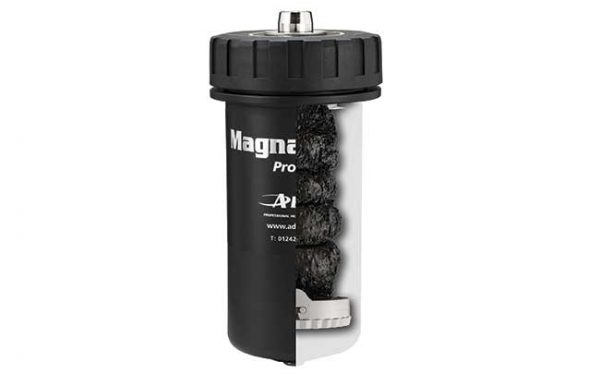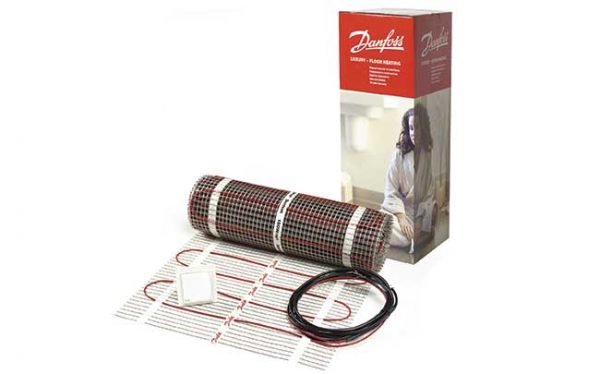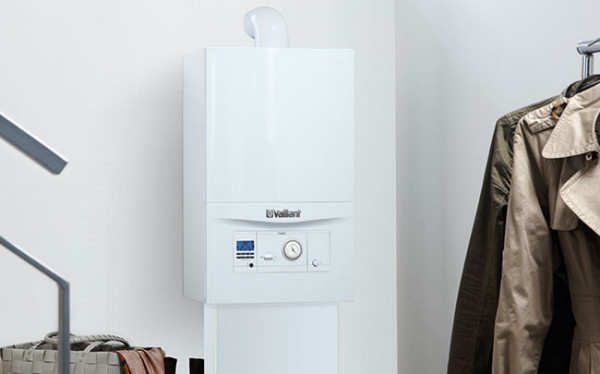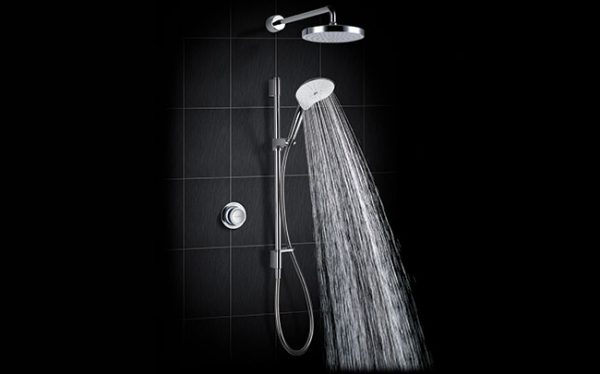
Because you’re worth it


It’s important that installers take the time to explain why prices are what they are, and resist any temptation to undersell themselves.
When I started my working life back in ‘ye olde days’, before the invention of the ‘information superhighway’ (it will never catch on), business life seemed a little more simple. You bought your products as well as you could and sold them for a fair price, allowing everyone in the supply chain a little room to make a bob or two of profit.
But even then, the debate raged about what was a fair price and what constituted a fair profit. Nonetheless, in the case of the vast majority of products, prices increased steadily to reflect increasing costs, inflation and the investment required to develop new products. In some cases, they went up rather more rapidly than others, but as long as our wages rose in line with costs then we were broadly satisfied.
In 2000, home buyers could expect to pay, on average, £77,698 for a house in the UK; last year the average house price was £215,847. This means that property prices have risen 177 per cent over that period, compared to an increase in average annual wages of just 49 per cent, from £18,848 to £28,028. In 2000, a brand-new Mini cost just over £10,000 and today the equivalent model costs 46 per cent more at £14,620. A pint of lager cost just over £2, compared with just over £3 today.
However, the cost of an entry-level condensing boiler in 2000 was very similar to the price charged today. Installation costs have followed a similar pattern. Just this week I have seen an advertisement offering a replacement boiler installation, at a price that most of my installer friends find difficult to believe is even possible.
The problem is that all this devalues our industry in the eyes of consumers. Unless we can begin to establish the value of products and work with consumers, they will always default to the lowest cost. There is seldom the opportunity to revisit quotes to explain the differences that would justify a higher price. We know that consumers are willing to pay the price if they can see the value – and in the case of housing there seems to be no limit to the increases. We need to establish that a good job isn’t cheap and that a cheap job isn’t good.
What this requires is a deeper explanation regarding the quality of the work and the products used. As consumers, we recognise the difference between cheaper and more expensive purchases. We can take a conscious decision regarding the product we choose, and that is great.
We may regard price as the most important factor, and make our decisions accordingly. The problem arises when we think we are comparing like-for-like purchases, but we are not.
To help purchasers understand the value of products and services requires not only a simple statement of cost, but also an explanation of features and benefits. The features might include ease of use, compactness, connectivity or flexibility. The benefits might include longevity, efficiency, safety or reliability. Confidence might be inspired by the offer of warranties or guarantees.
There is plenty of evidence to support the fact that consumers are happy to pay for quality if they feel they are getting value for money. A simple explanation of the products and services that you deliver and the associated value will be appreciated by many consumers. Many people will welcome the opportunity to see examples of work or the comments of previous purchasers. Explain the difference between great, good and not so good and, please, never undervalue your skills and knowledge.
Tim Pollard is head of sustainability at Plumb Center. Follow Tim on Twitter @leamingtonSBC
Share
Related articles
The show must go on…
Exhibitions have been connecting buyers and sellers for decades and, while the format may change, there’s still nothing quite like a trade show for bringing people together
Those Pesky Humans – Illogical Thinking
One of the issues currently testing the great and good of the industry is known as the ‘performance gap’.




















